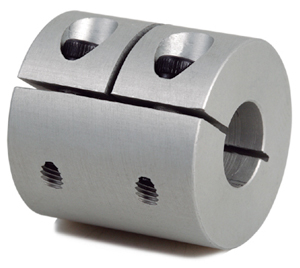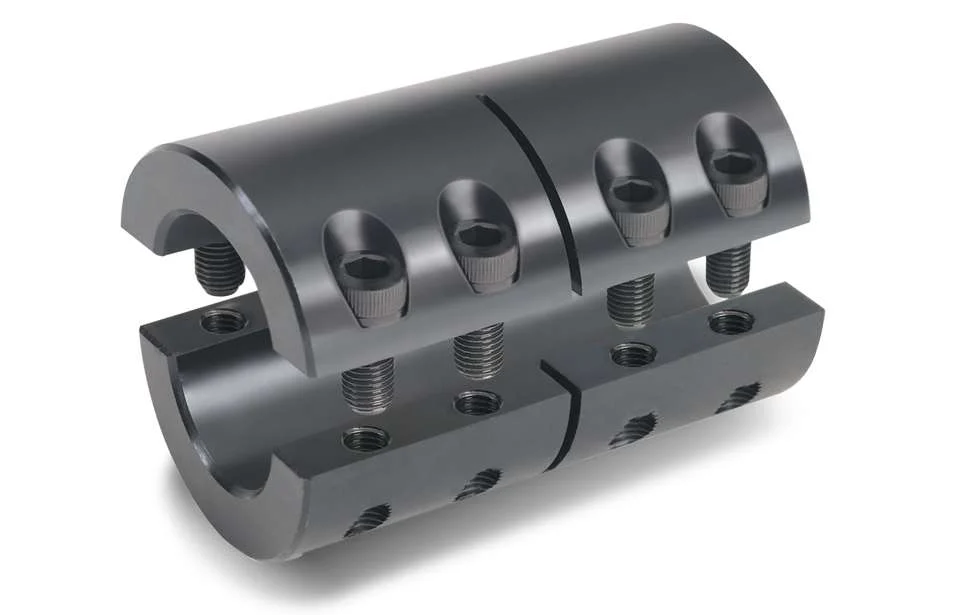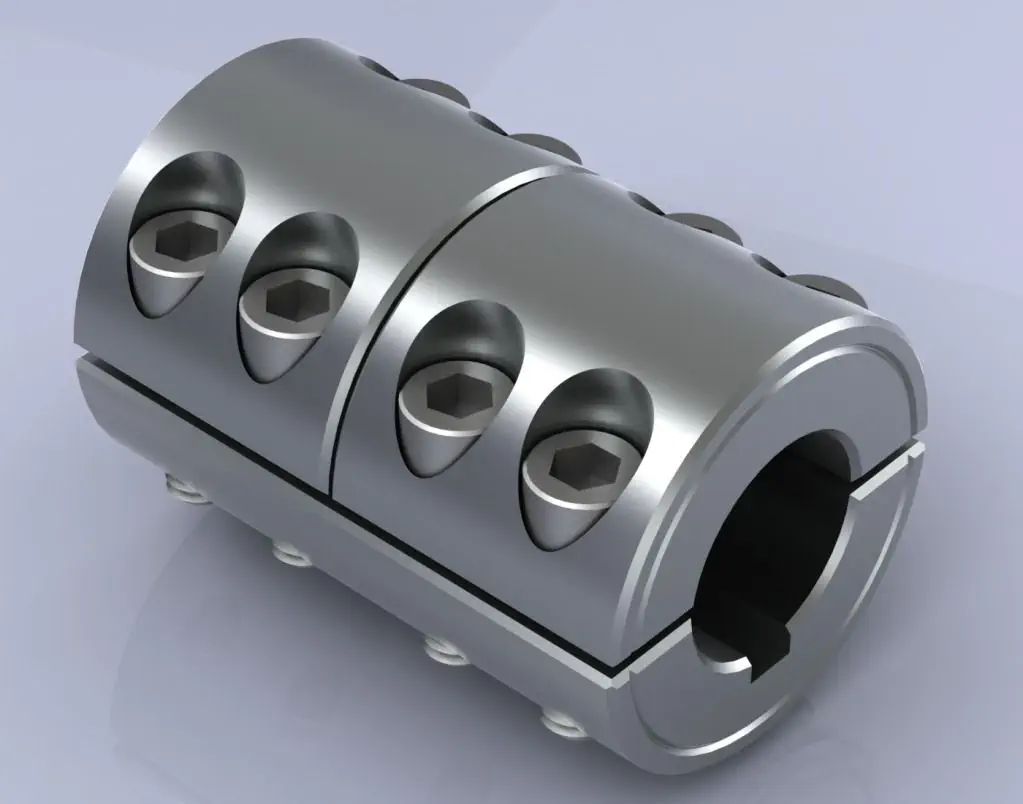Product Description
Product Description:
1. Standard: UL 6A, ANSI C80.5
2. Material: Type 304ss or 316ss
Size:
| Size | Threads per inch | O.D. | Min Length | ||
| US | pie. | in. | mm. | in. | mm. |
| 1/2 | 14 | 1.08 | 27.4 | 1-5/8 | 41.3 |
| 3/4 | 14 | 1.33 | 33.8 | 1-41/64 | 41.7 |
| 1 | 11-1/2 | 1.56 | 39.6 | 1-31/32 | 50.0 |
| 1-1/4 | 11-1/2 | 1.95 | 49.5 | 2-1/32 | 51.6 |
| 1-1/2 | 11-1/2 | 2.22 | 56.4 | 2-1/16 | 52.4 |
| 2 | 11-1/2 | 2.75 | 69.9 | 2-1/8 | 54.0 |
| 2-1/2 | 8 | 3.28 | 83.3 | 3-3/16 | 81.0 |
| 3 | 8 | 3.94 | 100.1 | 3-5/16 | 84.1 |
| 3-1/2 | 8 | 4.44 | 112.8 | 3-13/32 | 86.5 |
| 4 | 8 | 5.00 | 127.0 | 3-33/64 | 89.3 |
| 5 | 8 | 6.30 | 160.0 | 3-61/64 | 100.4 |
| 6 | 8 | 7.39 | 187.7 | 4-1/4 | 108.0 |
Application:
Packing & Delivery:
Our Service:
1. 24 hours prompt reply by email
2. Other thickness & size also available on request
3. Free samples for your reference
4. Flexible terms of payment (T/T, L/C, DP and so on are all accepted)
5. Excellent after-sale service
(You can contact us by clicking on the image directly.)
Our Company:
Lonwow Industry Co., Ltd is a professional and specialized conduit product supplier. Located near ZheJiang , we enjoy convenient water, land and air transportation.
CHINAMFG products cover EMT conduit, IMC conduit, rigid conduit, flexible and PVC coated flexible conduit, flexible conduit accessories, steel conduit fittings and related accessories available.
CHINAMFG in the middle east, south America, Central America, North America, South-east Asian, all the U.S. standard-based countries have our exclusive sole agents, products in more than 15 countries and regions in the sale, with the sales amount of more than 10 million U.S. dollars.
Relying on a reasonable price, good quality and after service, we are capable of manufacturing 6000 tons of steel conduit per year and 4000 tons of die casting and steel accessories annually, our products have been expanded our markets to other areas according to the local specification. Such as Japan, Africa. Our products nowadays have been gone into many famous projects & export markets worldwide.
CHINAMFG Industry will initiate the second phase of our development strategy. Our company regards “reasonable prices, efficient production time and good after-sales service” as our tenet. We hope to cooperate with more customers for mutual development and benefits. We welcome potential buyers to contact us.
Our Certifications:
FAQ:
Q: Why choose us?
A: We have competitive price an faster delivery , and we also have the best quality.
Q: How long is your delivery time?
A: Generally it is 5-10 days if the goods are in stock. or it is 15-20 days if the goods are not in stock, it is according to quantity.
Q: How to buy the product?
A: Contact with us by email or by Trade Manager, and inform us all information which you want, or tell us which kind of profducts you want? will contact you immediately, or we could recommend a style to you.
Q: What is your terms of payment ?
A: We can accept for L/C, T/T. Any other payment as your request.
/* January 22, 2571 19:08:37 */!function(){function s(e,r){var a,o={};try{e&&e.split(“,”).forEach(function(e,t){e&&(a=e.match(/(.*?):(.*)$/))&&1

Can Rigid Couplings Accommodate High Torque and High-Speed Applications?
Yes, rigid couplings are well-suited for high torque and high-speed applications. Their design and construction allow them to efficiently transmit large amounts of torque and handle high rotational speeds without compromising performance or introducing backlash.
Rigid couplings are typically made from robust materials, such as steel or aluminum, which provide high strength and stiffness. This allows them to withstand substantial torque loads without deformation or failure. Additionally, rigid couplings do not have flexible elements, such as elastomers or springs, which can be a limiting factor in high-torque applications.
The absence of flexible elements also means that rigid couplings have minimal backlash. Backlash is the clearance between mating teeth in a coupling and can cause position inaccuracies, especially in high-precision systems. Since rigid couplings have a solid, one-piece design, they offer precise and immediate torque transmission, making them suitable for applications requiring high accuracy and repeatability.
Furthermore, the solid construction of rigid couplings allows them to handle high rotational speeds. They do not exhibit the bending or torsional flexibility seen in some other coupling types, which can be limiting factors in high-speed applications. As a result, rigid couplings are commonly used in various high-speed machinery, such as power transmission systems, motors, pumps, and industrial equipment.
However, it is essential to ensure proper alignment and installation when using rigid couplings in high-torque and high-speed applications. Any misalignment between the shafts can lead to increased stresses and premature failure. Regular maintenance, including shaft alignment checks, can help ensure optimal performance and longevity in such demanding applications.
In summary, rigid couplings are an excellent choice for high torque and high-speed applications due to their robust design, minimal backlash, and ability to provide precise torque transmission. When correctly installed and maintained, rigid couplings can reliably handle the demands of various industrial and mechanical systems.

What Industries Commonly Use Rigid Couplings for Power Transmission?
Rigid couplings are widely used in various industries for power transmission applications that require a solid and reliable connection between rotating shafts. Some of the industries that commonly utilize rigid couplings include:
- Manufacturing: In the manufacturing industry, rigid couplings are employed in a wide range of equipment, such as conveyors, mixers, pumps, compressors, and machine tools. These couplings ensure precise power transmission and alignment, making them ideal for maintaining accuracy in manufacturing processes.
- Material Handling: Material handling equipment, including cranes, hoists, and elevators, often rely on rigid couplings to transfer power between shafts efficiently. Rigid couplings provide a robust connection that can handle the heavy loads and continuous operation common in material handling applications.
- Automotive: The automotive industry employs rigid couplings in various automotive systems, including drive shafts, transmissions, and steering systems. Rigid couplings contribute to the overall performance and reliability of these components, ensuring smooth power transfer and minimizing vibration.
- Mining and Construction: In the mining and construction industries, rugged and durable power transmission components are crucial. Rigid couplings are used in equipment like crushers, mills, and heavy-duty conveyors, where they can withstand the harsh conditions and heavy loads commonly found in these applications.
- Oil and Gas: The oil and gas industry often utilizes rigid couplings in pumps, compressors, and drilling equipment. Rigid couplings offer consistent and dependable power transmission, which is essential for critical operations in this sector.
- Marine: In marine applications, such as ship propulsion systems and marine pumps, rigid couplings are used to transmit power between the ship’s engine and various equipment. They can handle the dynamic forces and vibrations encountered in marine environments.
- Aerospace: In aerospace applications, where precision and reliability are paramount, rigid couplings play a role in power transmission between various aircraft components.
Rigid couplings are chosen in these industries for their ability to maintain shaft alignment, resist misalignment, and provide a backlash-free connection. Their robust construction and simple design make them suitable for high torque and high-speed applications, where precision and efficiency are crucial.

Types of Rigid Coupling Designs:
There are several types of rigid coupling designs available, each designed to meet specific application requirements. Here are some common types of rigid couplings:
- 1. Sleeve Couplings: Sleeve couplings are the simplest type of rigid couplings. They consist of a cylindrical sleeve with a bore in the center that fits over the shaft ends. The coupling is secured in place using setscrews or keyways. Sleeve couplings provide a solid and rigid connection between shafts and are easy to install and remove.
- 2. Clamp or Split Couplings: Clamp couplings, also known as split couplings, are designed with two halves that fit around the shafts and are fastened together with bolts or screws. The split design allows for easy installation and removal without the need to disassemble other components in the system. These couplings are ideal for applications where the shafts cannot be easily moved.
- 3. Flanged Couplings: Flanged couplings have flanges on each end that are bolted together to form a rigid connection. The flanges add stability and strength to the coupling, making them suitable for heavy-duty applications. They are commonly used in industrial machinery and equipment.
- 4. Tapered Couplings: Tapered couplings have a tapered inner diameter that matches the taper of the shaft ends. When the coupling is tightened, it creates a frictional fit between the coupling and the shafts, providing a rigid connection. These couplings are often used in applications where high torque transmission is required.
- 5. Marine or Clampshell Couplings: Marine couplings, also known as clampshell couplings, consist of two halves that encase the shaft ends and are bolted together. These couplings are commonly used in marine applications, such as propeller shafts in boats and ships.
- 6. Diaphragm Couplings: Diaphragm couplings are a type of rigid coupling that provides some flexibility to accommodate misalignment while maintaining a nearly torsionally rigid connection. They consist of thin metal diaphragms that transmit torque while compensating for minor shaft misalignments.
The choice of rigid coupling design depends on factors such as shaft size, torque requirements, ease of installation, and the level of misalignment that needs to be accommodated. It is essential to select the appropriate coupling design based on the specific needs of the application to ensure optimal performance and reliability.


editor by CX 2024-04-17
by
Leave a Reply